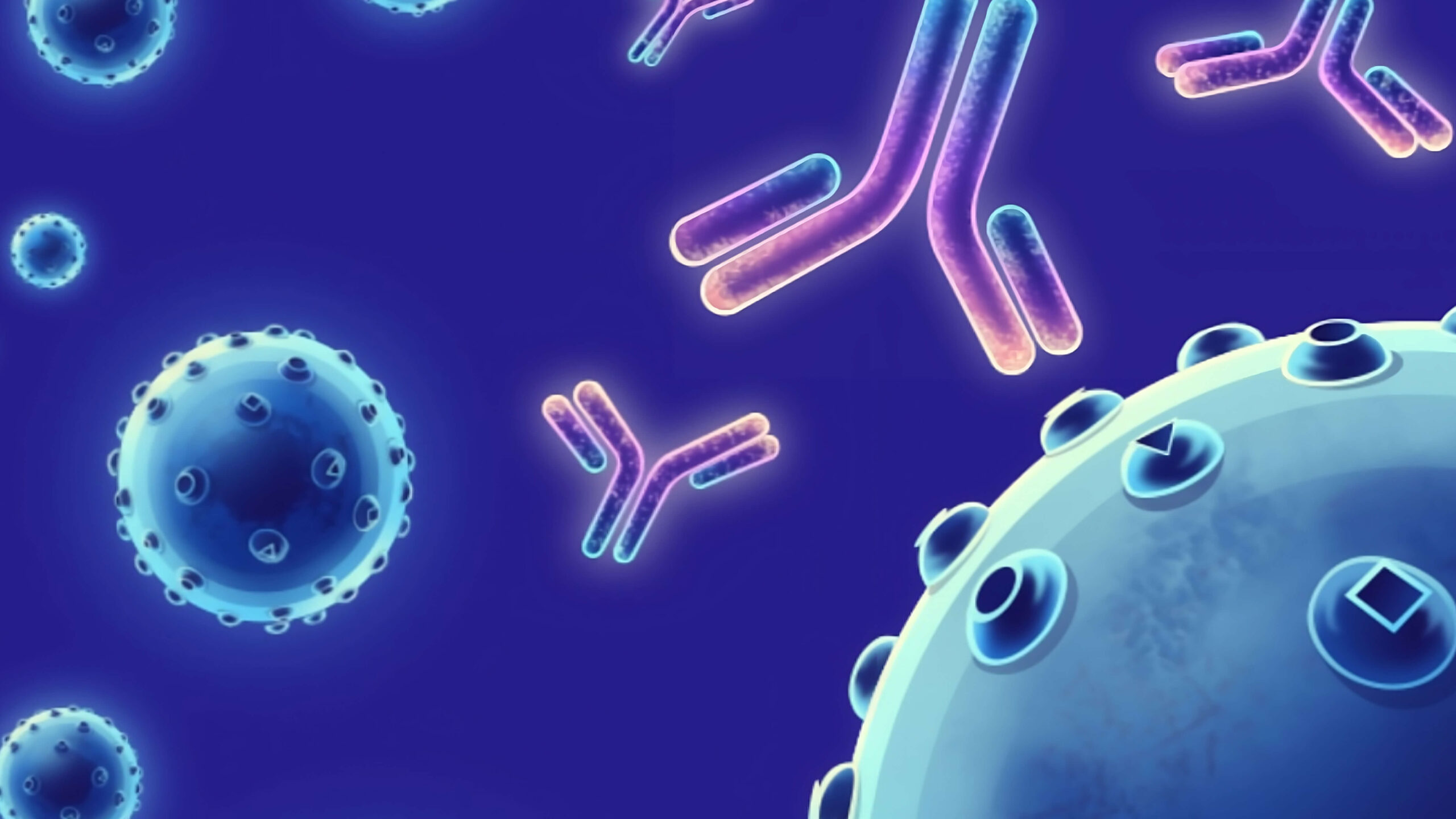Description
Nicastrin (NCST, or NCT), a single-pass membrane glycoprotein that harbors a large extracellular domain, is an essential component of the gamma-secretase complex. Several lines of evidence indicate that the members of these complexes could also contribute to the control of cell death. NCT controls cell death via phosphoinositide 3-kinase/Akt and p53-dependent pathways and that this function remains independent of the activity and molecular integrity of the gamma-secretase complexes. Increasing pieces of evidence have shown that Nicastrin/NCSTN plays a crucial role in gamma-cleavage of the amyloid precursor protein (APP). The glycoprotein Nicastrin is an essential component of the gamma-secretase complex, a high molecular weight complex that also contains the presenilin proteins, Aph-1 and Pen-2. The gamma-secretase complex is not only involved in APP processing but also in the processing of an increasing number of another type I integral membrane proteins. As the largest subunit of the gamma-secretase complex, Nicastrin plays a crucial role in its activation. Inhibition of NCSTN demonstrated an altered gamma-cleavage activity, suggesting its potential implication in developing Alzheimer's disease (AD). Besides, Nicastrin can function to maintain epithelial to mesenchymal transition during breast cancer progression. Anti-nicastrin polyclonal and monoclonal antibodies were able to decrease notch1 and vimentin expression and reduced the invasive capacity of breast cancer cells in vitro.
Target
NCSTN
Target Alias Names
APH2, ATAG1874, KIAA0253, NCSTN, RP11-517F10.1
Isotype/Mimetic
Rabbit IgG
Animal-Derived Biomaterials Used
Yes
Sequence Available
No
Original Discovery Method
Phage display technology
Antibody/Binder Origins
Animal-dependent discovery (in vitro display, OR immunisation pre-2020), In vitro recombinant expression, Animal-derived biomaterials used in production or final formulation

